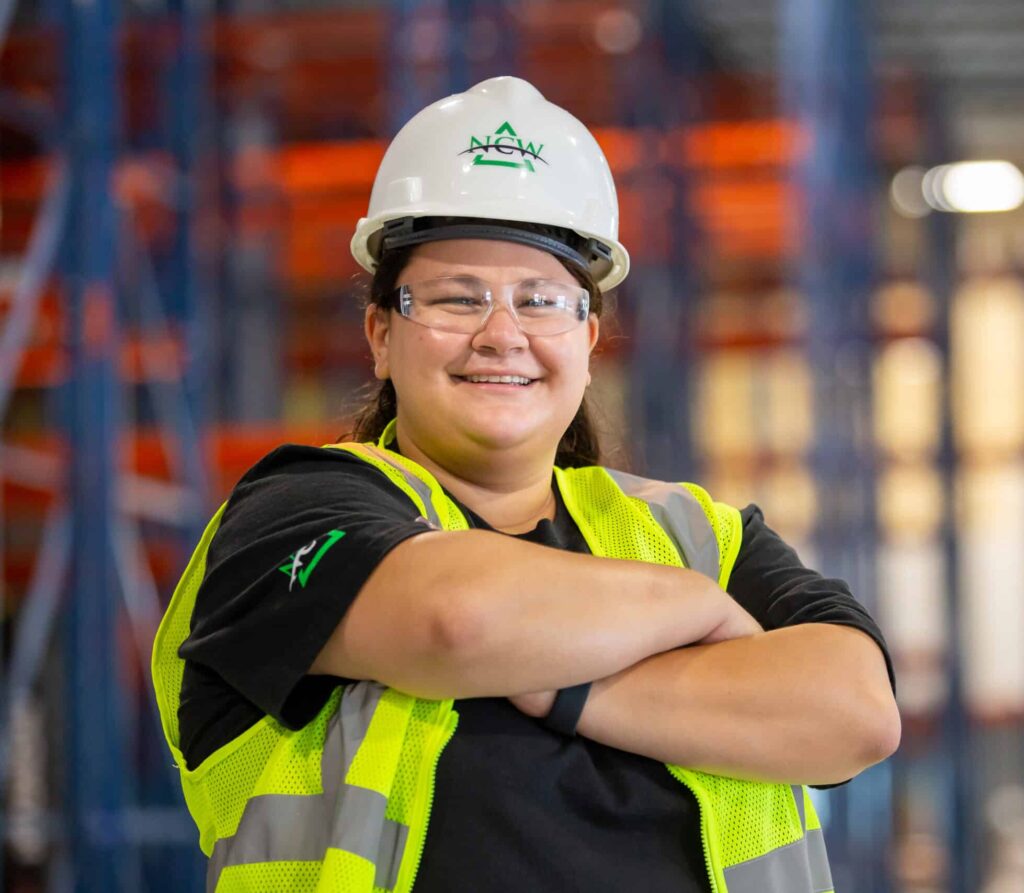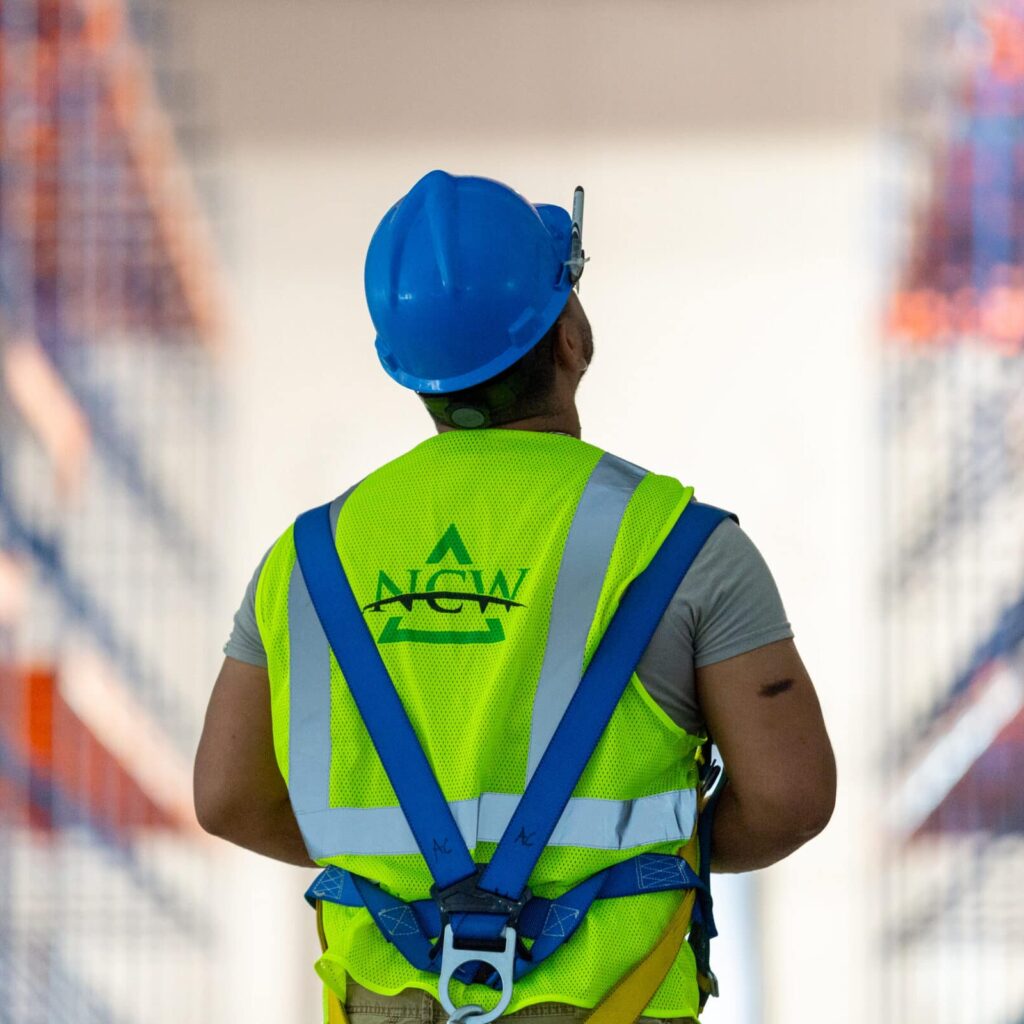Heavy Equipment Operator Career Path
Are you interested in becoming a heavy equipment operator, but overwhelmed by the abundance of outdated information? Look no further! Check out the details below to learn more about heavy equipment operators and their potential career paths.
Mid-Level Salary For Construction Equipment Operators
Projected Job Growth For Construction Equipment Operators Over The Next 10 Years
Of Electricians Have A High School Diploma
Required Skills For A Heavy Equipment Operator
You’ll be a great candidate for a career in construction work if you’ve mastered the skills below. If you haven’t yet, that’s okay! We’ll tell you how to get there.
Problem-solving skills
You’ll encounter various challenges on the job site, such as unexpected soil conditions or machinery breakdowns. A successful heavy machine operator should be able to solve problems quickly and effectively to minimize delays and keep the project on track.
Communication is key
It’s crucial to communicate effectively with your team, whether it’s contractors or colleagues, to ensure safe and efficient work. You should be able to give clear instructions and practice active listening to best understand the needs of others.
Safety First, Last, and Always
When it comes to working with heavy machinery, safety should always be your number one priority. You’ll need to know safety regulations inside and out and make sure everyone on the job site follows them. If there’s a potential hazard, you’ll be the one to spot it and take action to prevent accidents and injuries.


Heavy Equipment Operator Job Overview
The Heavy Machine Operator Title Is Very Broad… So, What Can You Do Within It?
If you’re looking for a career that offers rewarding challenges, opportunities for growth, and a chance to work on exciting construction projects, becoming a heavy machine operator may be the perfect fit for you. Discover more about the heavy equipment operator career path and the typical roles that fall underneath this job category.
Types of Heavy Equipment Operators:
Key Requirements To Be A Great Heavy Equipment Operator:
You may be wondering, what does a heavy equipment operator do? Here are key requirements for heavy equipment operators that can help answer that question. Keep an eye out for changes – every job posting is different, and every employer has its unique preferences for heavy equipment operator requirements.
Physical Stamina:
Heavy machine operators need to be physically fit as their job involves operating heavy machinery for extended periods, which can be physically demanding.
mechanical Knowledge:
A heavy machine operator should have basic mechanical knowledge to be able to troubleshoot common problems as they arise during operation.
Hand-eye Coordination:
Operators need to have good hand-eye coordination to be able to operate heavy machinery with precision, accuracy, and attention to detail.
Training and Certification:
Some roles may require a National Center for Construction Education and Research (NCCER) certification. This certificate is an indicator of expertise to future employers.
How To Become A Heavy Equipment Operator
-
Schooling Requirements
Heavy Equipment Operator Education
Obtain a high school diploma or GED certificate and consider enrolling in a heavy equipment operator program at a technical school or community college. These programs will cover topics like heavy equipment safety, operation, and maintenance. By investing in a specialized program, you can demonstrate your commitment to the profession and increase your chances of securing a job in the industry. -
Get Licensed and Certified
Heavy Equipment Operator Certification
Depending on the type of equipment you will operate, you may need a Certified Driver’s License (CDL), which involves passing a written test and driving test. Additionally, some states and employers require certification for heavy equipment operators such as NCCER, Occupational Safety and Health Administration (OSHA), or a manufacturer’s certification for specific machinery. These programs typically involve classroom and hands-on training.
-
Gain Experience
Hands-On Training Opportunities
To stand out amongst other candidates, you’ll want to gain hands-on experience through an apprenticeship or entry-level position. Starting as a construction laborer or apprentice can be a great way to work up to heavy equipment operator. Getting machine-specific heavy equipment operator training may also give you an edge!
-
Apply for Jobs
How to Get Hired as a Heavy Equipment Operator
Once you have the necessary education, training, and experience, you can start applying for heavy equipment operator jobs. You may need to start in an entry-level position and work your way up to more advanced roles. Keep in mind that heavy equipment operation can be a demanding job that requires physical stamina, attention to detail, and the ability to work under pressure.
Here Are Some Trends We’ve Noticed In The Construction Industry:
It is important to keep up with trends relating to forklift operators and the warehousing industry. So, we did some digging for you. Here’s what we found!
01
Electrician Jobs Trends
02
Hiring Trends In The Construction Industry
The construction sector has experienced a surge in job openings across various roles and industries. As technology continues to advance and new construction techniques emerge, construction companies are increasingly seeking employees with specialized skills and expertise, such as those related to sustainability, energy efficiency, and GPS technology.
03
Related Jobs
There are too many construction industry roles to name them all here, but take a look at these other positions related to heavy equipment operation:
So, How Much Can You Earn?
Let’s Talk Forklift Operator Salary
Not only do heavy equipment operators get to work on exciting new projects, but they also get compensated quite nicely for their efforts. Heavy equipment operator salary depends on factors such as experience, location, and equipment type.
Here’s the break down:
Entry-level avg. salary: $39,045
Mid-level avg. salary: $52,850
Senior level avg. salary: $67,662
These five cities have the highest mid-level Heavy Equipment Operator salaries:


looking To Become A Heavy Equipment Operator?
We’re Here to Help!

NCW Will Help Your In Your Job Search
Whether you have experience operating bulldozers, excavators, cranes, or other heavy machinery, we’re here to assist you in finding your next role in the field.
Our team of recruiters has years of experience working with skilled heavy equipment operators like you. We would love to get to know you, understand your career aspirations, discuss your past experiences, and connect you with a job that aligns with your goals and preferences.
So, if you’re seeking new opportunities in the heavy equipment operation field, don’t hesitate to reach out to us. Whether you specialize in a specific type of machinery or have a range of skills, we’re here to help you find the right fit for your career.
Connect To Opportunitiy
Our team puts your resume directly in front of hiring managers’ eyes.
Expanded Network
NCW expands your network to uncover opportunities that may not have been available otherwise.
By Your Side
Our recruiters prep you for the interview process and guide you through every step of the way.
Recommended for you:
Want To See How NCW Can Help You With You Job Hunt?
Let’s Start The Conversation
